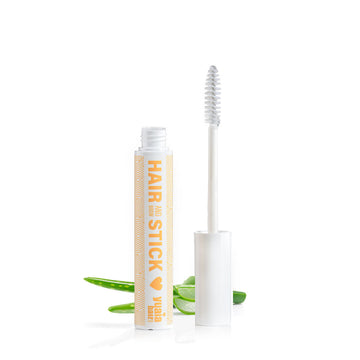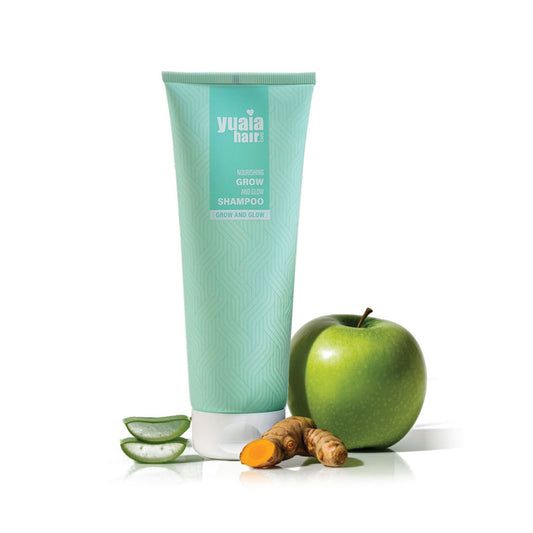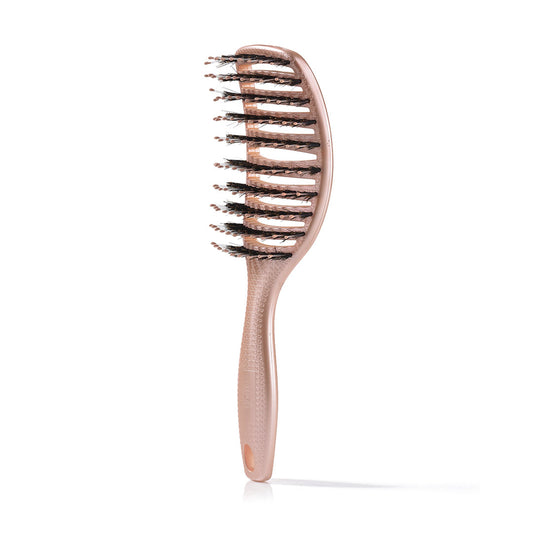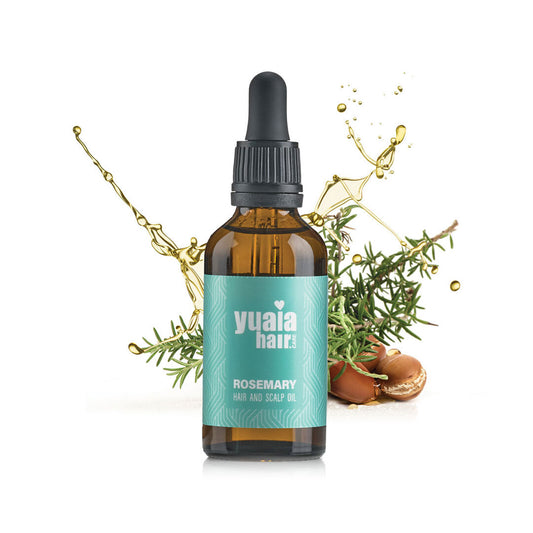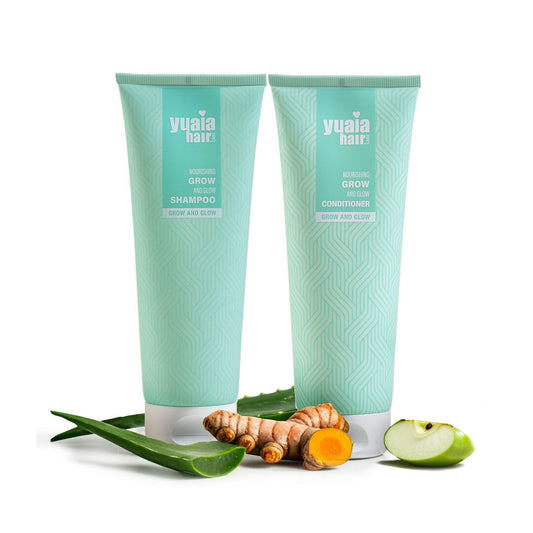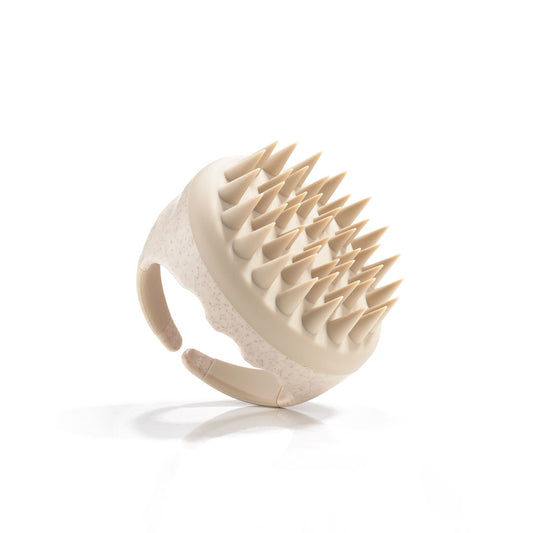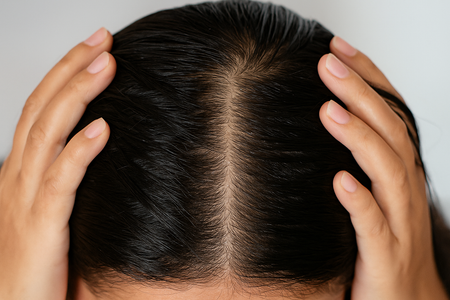
Regular Shampooing and Scalp Hygiene
Maintaining a clean scalp is crucial in regulating sebum production. Using gentle, sulfate-free shampoos is key as they cleanse effectively without stripping the scalp of its natural oils. Over-washing, however, can be counterproductive, prompting the scalp to produce even more oil to compensate for the loss. Finding the right balance—washing your hair two to three times a week, depending on your hair type and lifestyle—can help manage oil levels without causing dryness or irritation.
Brushing and Scalp Exfoliation
Regular brushing plays a significant role in managing sebum production. By distributing sebum from the scalp along the hair shaft, brushing helps reduce scalp oiliness and adds a natural shine to your hair. Using a boar bristle brush can be especially effective. This type of brush gently moves sebum away from the scalp, helping to maintain a balanced oil distribution.
Additionally, scalp exfoliation is a beneficial practice for removing excess sebum and product buildup. This can be done using gentle exfoliating scrubs or brushes designed for the scalp. Regular exfoliation not only helps in reducing oiliness but also promotes a healthier scalp environment by unclogging pores and improving circulation.
Apple Cider Vinegar Rinses
Apple cider vinegar (ACV) is a popular natural remedy for balancing scalp pH and controlling oiliness. When diluted with water, it can be used as a rinse post-shampooing. ACV helps remove buildup and restores the scalp's natural acidity, which can be disrupted by harsh shampoos or environmental factors. To use an ACV rinse, mix one part vinegar with two parts water, apply it to your scalp, leave it for a few minutes, and rinse thoroughly. This simple routine can help in achieving a balanced scalp.
Stress Management
Stress is a known factor that can exacerbate sebum production. High stress levels can lead to hormonal imbalances, which in turn may increase oil production on the scalp. Incorporating stress-reducing activities into your routine, such as mindfulness practices, yoga, or regular exercise, can help manage stress levels and support a healthier scalp. By addressing stress, you not only improve your overall well-being but also contribute to a more balanced scalp environment.
Avoiding Heavy Conditioners and Oils
Choosing the right hair care products is crucial for managing an oily scalp. Heavy conditioners and oils can weigh down the hair and add to the oiliness. Instead, apply conditioner only to the ends of your hair, avoiding the scalp. Opt for lightweight oils if needed, ensuring they are used sparingly. Our rosemary oil is an excellent choice for those with oily scalps. Known for its balancing properties, it can help soothe irritation and support overall scalp health without adding excess oil.
By incorporating these natural methods into your routine, you can effectively manage sebum production and achieve a healthier scalp. Remember, it may take some time to find the right balance for your unique hair and scalp needs, so be patient and open to experimenting with different techniques.
Our Product Recommendations
At Yuaia Haircare, we believe in supporting your journey to a balanced scalp with products that are both effective and gentle.
Our sulfate-free Grow and Glow shampoo and conditioner are tailored for those managing oily hair. These products cleanse without stripping the scalp of its natural oils, allowing you to maintain a healthy balance.
Additionally, our boar bristle brush is made to evenly distribute sebum, reducing scalp oiliness and promoting healthier hair.
For those looking to incorporate oils into their routine, our rosemary oil is a perfect choice. Known for its balancing properties, it can help soothe scalp irritation and support overall scalp health without contributing to excess oil production.
Crafting Your Balanced Routine
Establishing a balanced hair care routine is key to managing sebum production naturally. Start by selecting products formulated for oily-prone hair types, such as sulfate-free shampoos and conditioners. Incorporate regular brushing and scalp exfoliation to manage oil levels effectively. Additionally, consider using natural remedies like apple cider vinegar rinses and lightweight oils to support your scalp's health.
Remember, finding the right balance may take time and experimentation. Be patient and open to trying different methods to see what works best for your unique hair and scalp needs.
Frequently Asked Questions
What causes excess sebum production on the scalp?
Excess sebum production can be influenced by a variety of factors, including genetics, hormonal changes, and environmental conditions. Understanding these factors can help you identify the best strategies to manage oil levels effectively.
How often should I wash my hair if I have an oily scalp?
Finding the right washing frequency depends on your individual hair type and lifestyle. Generally, washing your hair two to three times a week with a gentle, sulfate-free shampoo can help manage oil levels without causing dryness or irritation.
Can natural remedies really help with oily scalp issues?
Yes, natural remedies can be effective in managing oily scalp issues when used consistently and appropriately. Incorporating methods like apple cider vinegar rinses, regular brushing, and stress management can support a balanced scalp environment.
Is it okay to use oils on an oily scalp?
Lightweight oils can be beneficial when used correctly. They can help balance scalp oils and soothe irritation without exacerbating oiliness. It's important to apply them sparingly and focus on areas that need extra care.
Finding Harmony in Hair Care
Achieving a balanced approach to scalp health is essential for maintaining healthy hair. By embracing natural solutions and personalizing your hair care routine, you can effectively manage sebum production and promote a healthier scalp environment.
 2-4 day UK delivery
2-4 day UK delivery
 25.000+ satisfied customers
25.000+ satisfied customers
 Satisfaction Guarantee
Satisfaction Guarantee

















